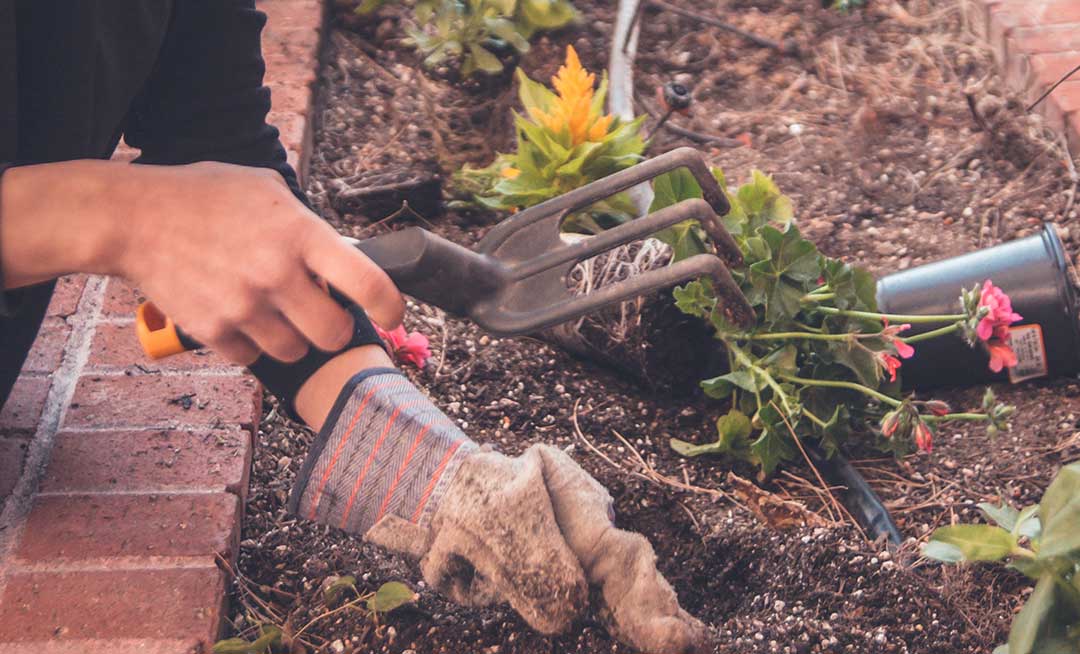Did you know, just like humans, plants and soils also need a probiotic? The health of plants and soil is determined by billions of incredible microscopic microbes. They form a symbiotic relationship with plants.
Plants have a microbiome too. It is called the rhizosphere. It's a narrow area of soil very close to plant roots where bacteria and microbes influence plant growth and disease suppression. Beneficial microbes enhance the health of the rhizosphere. They convert nutrients into food for the plant roots, produce hormones that stimulate growth, prevent infections from pathogens, filter out metals and contaminants from soil and release helpful nutrients.
Microbes in plants work in the same way they do in the human body. There are positive microbes, degenerative microbes and opportunistic microbes. If the degenerative microbes become dominant, the opportunistic ones will gravitate towards them and there is a negative effect: plants become diseased, pathogens grow, soil minerals are depleted. But if the positive microbes are dominant, then the opportunistic ones will support them to enhance the health of plants and soil. In order for plants to thrive with abundant flowers and fruit, they need nutrients. They need nitrogen for leaf growth, phosphorus for root growth and potassium for fruit growth. But most of all, plants need microbes (bacteria and fungi) to break down organic material and release food to their roots.
Why go organic?
You can look after the microbes in your environment and provide healthy food for your family by moving towards more organic gardening. Growing organically - without the use of chemical fertilisers, pesticides and herbicides - helps keep our ecosystem in balance. The food you eat is alive and needs to be cared for, just like you do. It has never been easier to go organic and there have never been more pressing reasons to. What are the alternatives?
Glyphosate, the world's most widely used herbicide and available in many UK shops, was named a 'probable human carcinogenic' in 2015 by the International Agency for Research on Cancer. One couple in California was recently awarded $2billion in damages after contracting non-Hodgkin's lymphoma. They used the chemical for years. Bayer, the company that makes Glyphosate, has more than 13,000 lawsuits pending over its alleged cancer risk.
Herbicides like glyphosate have been found to have negative effects on bees, mosquitos, muscles and crayfish too. Farmers like Francois Peaucellier in France say the weed killer's impact on soil health has been overlooked and represents a serious threat to long-term food security.
There is a clear link between the use of chemical fertilisers and drops in fertility and the collapse of microbial ecosystems, which are essential to healthy soil. Scientists now believe that investigating plants' microbiomes may provide the key to understanding the environmental impacts of chemicals. Topsoil - the first 5 inches of soil - is a very fertile layer where 95% of the food we eat is grown. Sadly, through the use of chemicals, we have damaged this critical ecosystem and 40% of it is classified as degraded or seriously degraded due to gardening and farming methods that strip soil of carbon and lessen the nutrients.
It's time to ditch harmful chemicals and work with the power of nature. You can have strong healthy plants, naturally, by using the technology of Effective Microorganisms. Organic fertilisers provide the nutrients essential for growing healthy plants and microbes help the plant to absorb them. When you use natural and organic products you build healthier soil which improves yields, supports healthy plants and helps protect the planet for future generations.




